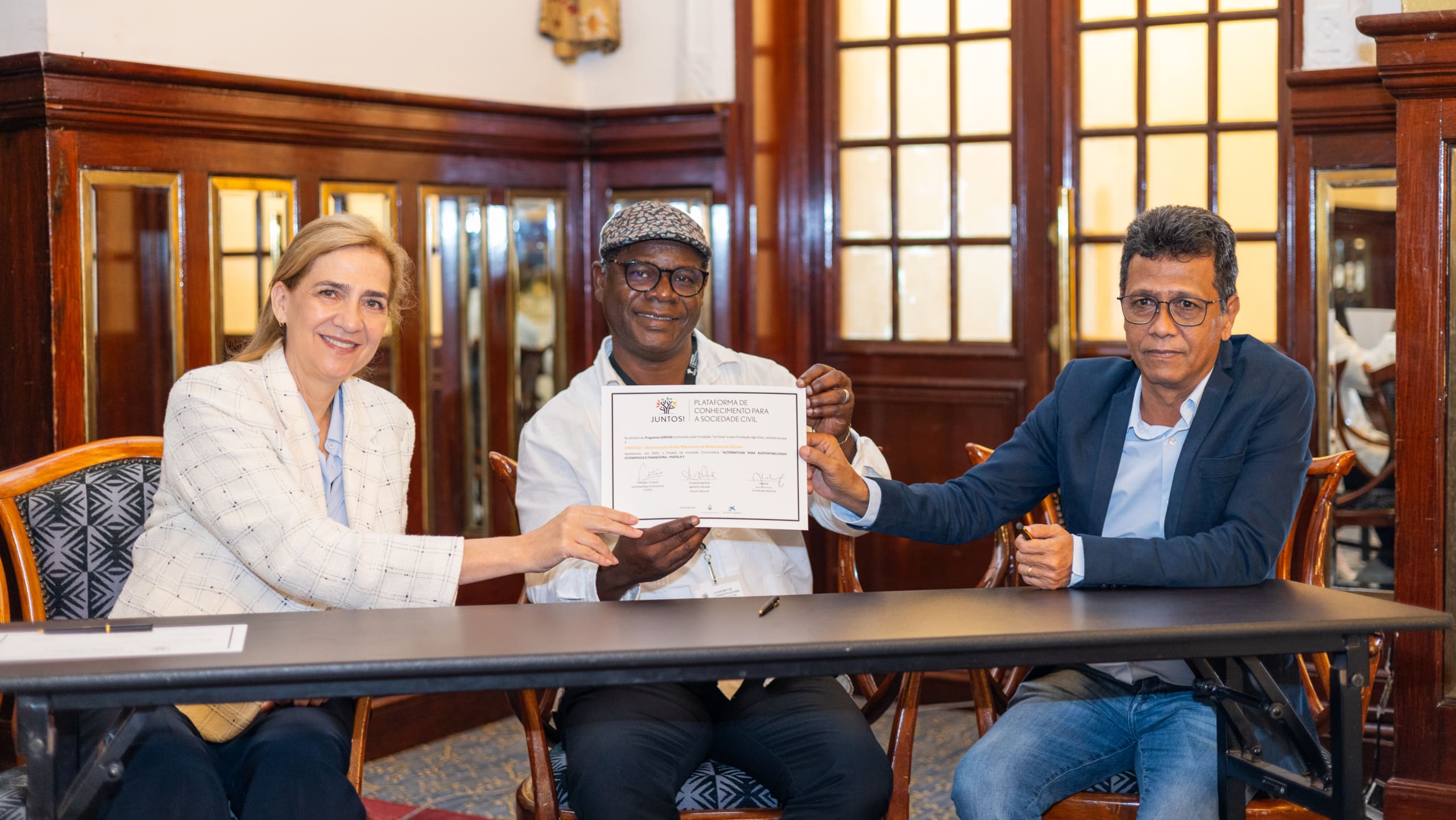
AKF launches AgroVida programme to improve nutrition and food security for 125,000 people in northern Mozambique
Through a consortium of partners, AKF’s new programme will support Cabo Delgado’s small-scale food producers to build agricultural sustainability and create economic opportunities in one of Mozambique’s poorest and most fragile regions

In Mozambique’s northernmost province, Cabo Delgado, vast stretches of fertile land and abundant marine resources remain largely untapped, a paradox in a region where poverty and food insecurity are rife. Small-scale farming forms the backbone of local communities, yet progress is stifled by limited access to resources, outdated technology, and inadequate infrastructure. Unpredictable weather patterns and socio-economic challenges have only deepened the struggle, restricting agricultural productivity and leaving many farmers on the edge.
The situation is compounded by ongoing conflict and widespread displacement, with over 582,000 people forced from their homes, exacerbating poverty and disrupting livelihoods. Today, 1.5 million people are in urgent need of humanitarian aid, many facing “Crisis” levels of food insecurity. The region’s vulnerability to climate change has further magnified these difficulties, causing crop failures, displacements, and an increasing dependence on external food imports.
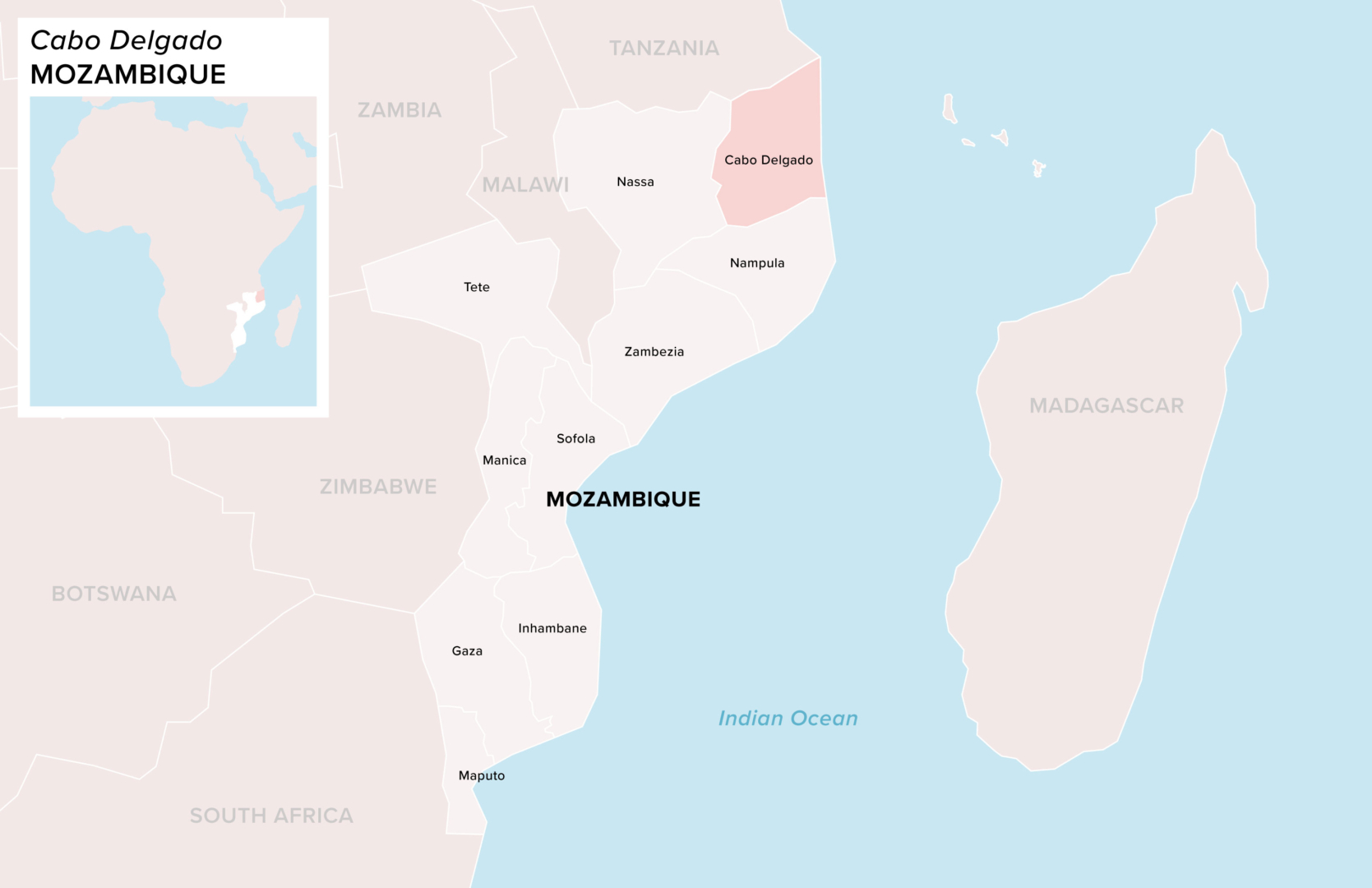
Amid these hardships, a new initiative, AgroVida, funded by the Embassy of the Netherlands, aims to chart a different course for Cabo Delgado’s rural communities. By revitalising food production systems, the programme seeks to enhance agricultural sustainability and foster economic empowerment for small-scale food producers across the province, tapping into the vast potential that has long remained dormant.
AgroVida’s overarching goal is to enhance nutrition and food security for the people of Cabo Delgado. It aims to reach 24,500 small-scale food producers across eight districts, ultimately impacting the lives of 125,000 people. This will be achieved in four ways.
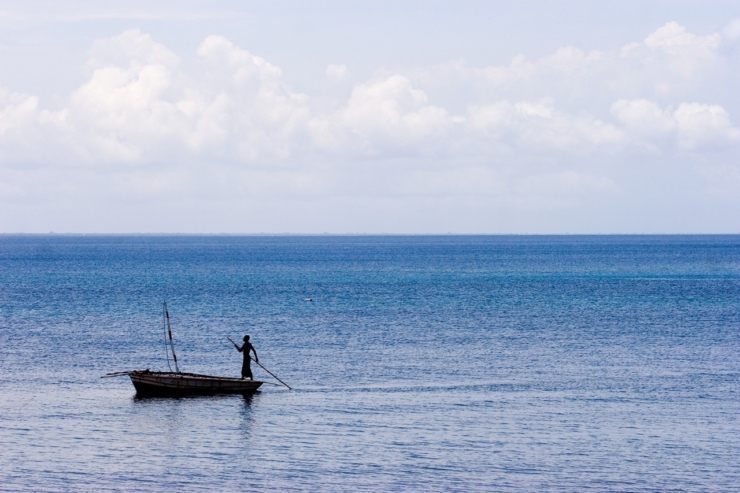
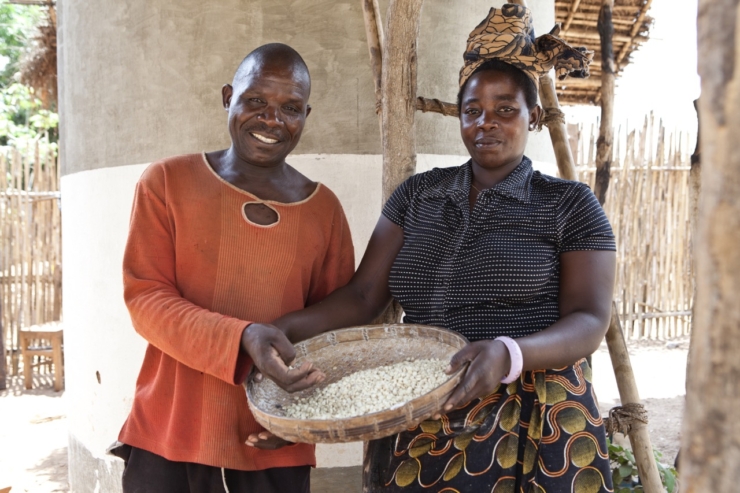
1. The adoption of regenerative farming practices
By promoting sustainable agricultural techniques, AgroVida seeks to enhance soil fertility, water retention, and crop productivity, fostering resilient farming systems. AgroVida will do this by promoting traditional and new extension systems in the region through a network of ‘Green Champions’. These will be comprised of recent graduates from nearby agriculture institutes and will be trained in regenerative farming, fishing production, participatory training methodologies, gender equality, nutrition and more.
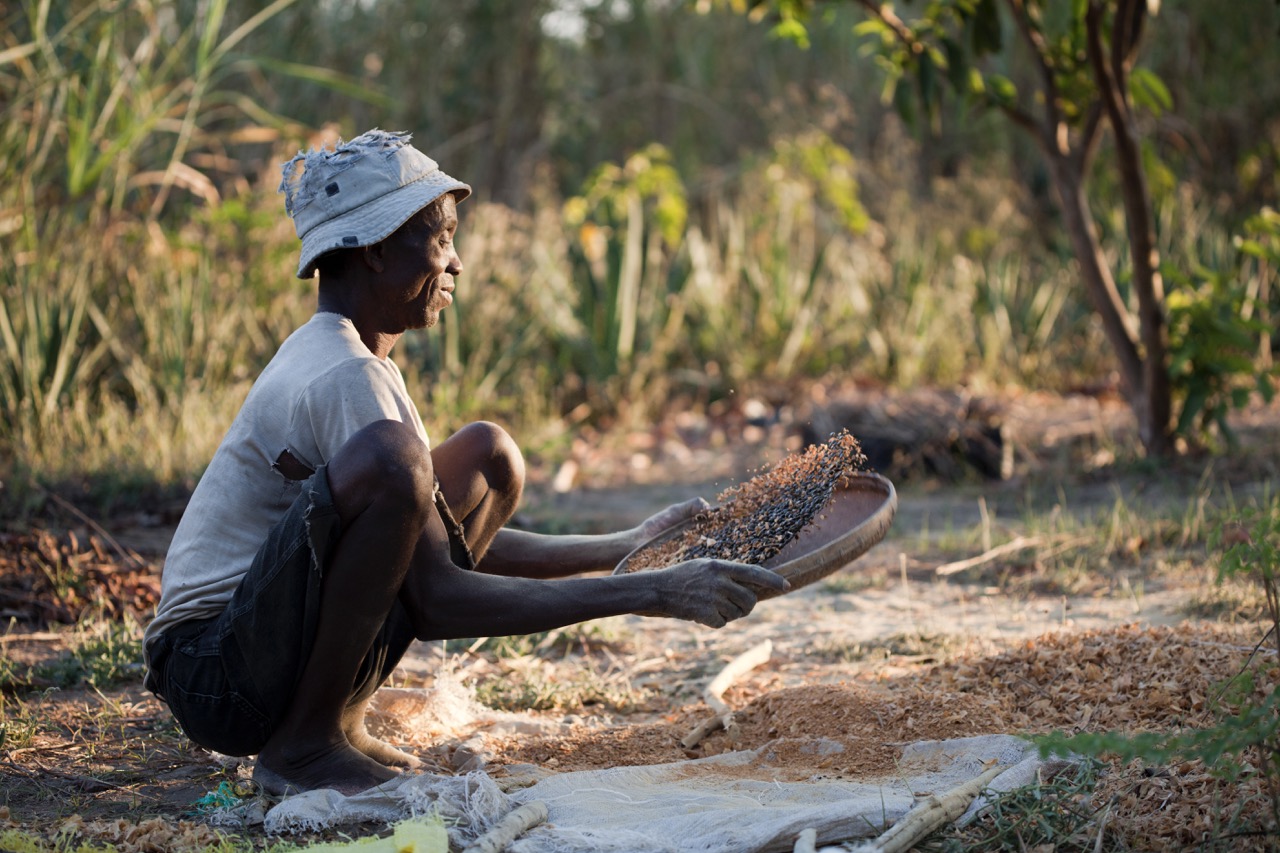
2. Promoting economic inclusion
Through capacity building and support for agri-micro, small, and medium enterprises, particularly among women and youth, AgroVida aims to stimulate rural economies and create avenues for sustainable livelihoods. One of the consortium partners, Gapi, will also offer financial loans packages for farmers looking to expand production. In addition, small-scale food producers will be invited to form community-based savings groups to promote savings and access revolving credit outside of formal banking and lending systems.

3. Providing nutrition education
AgroVida aims to improve dietary habits and holistic well-being by promoting good nutrition practices within communities. It will integrate nutrition education into the existing curricula for Green Champions and small-scale food producers Producer’s Clubs, focusing on diverse, nutritious foods, local produce, cost-effective meal preparation, and home gardening.
The programme will also collaborate with community leaders and local media to dispel cultural myths about food consumption, particularly those affecting women and children. Given that community radio stations are a key information source in rural Mozambique, AgroVida will create a network of independent reporters to promote nutrition and sustainable agricultural practices, including regenerative farming, quality inputs, and sustainable fishing techniques.

4. Creating an enabling environment
AgroVida aims to build a sustainable food ecosystem at the community, district, and provincial levels by fostering collaboration and leveraging local resources. The programme will engage commercial farmers and local influencers to promote agricultural innovation and knowledge sharing.
To support these efforts, AgroVida will introduce digital solutions like SMS platforms providing real-time crop and market data, helping farmers optimise practices and improve market access. SmartFarming BV will manage the integration and promotion of these accessible digital tools.
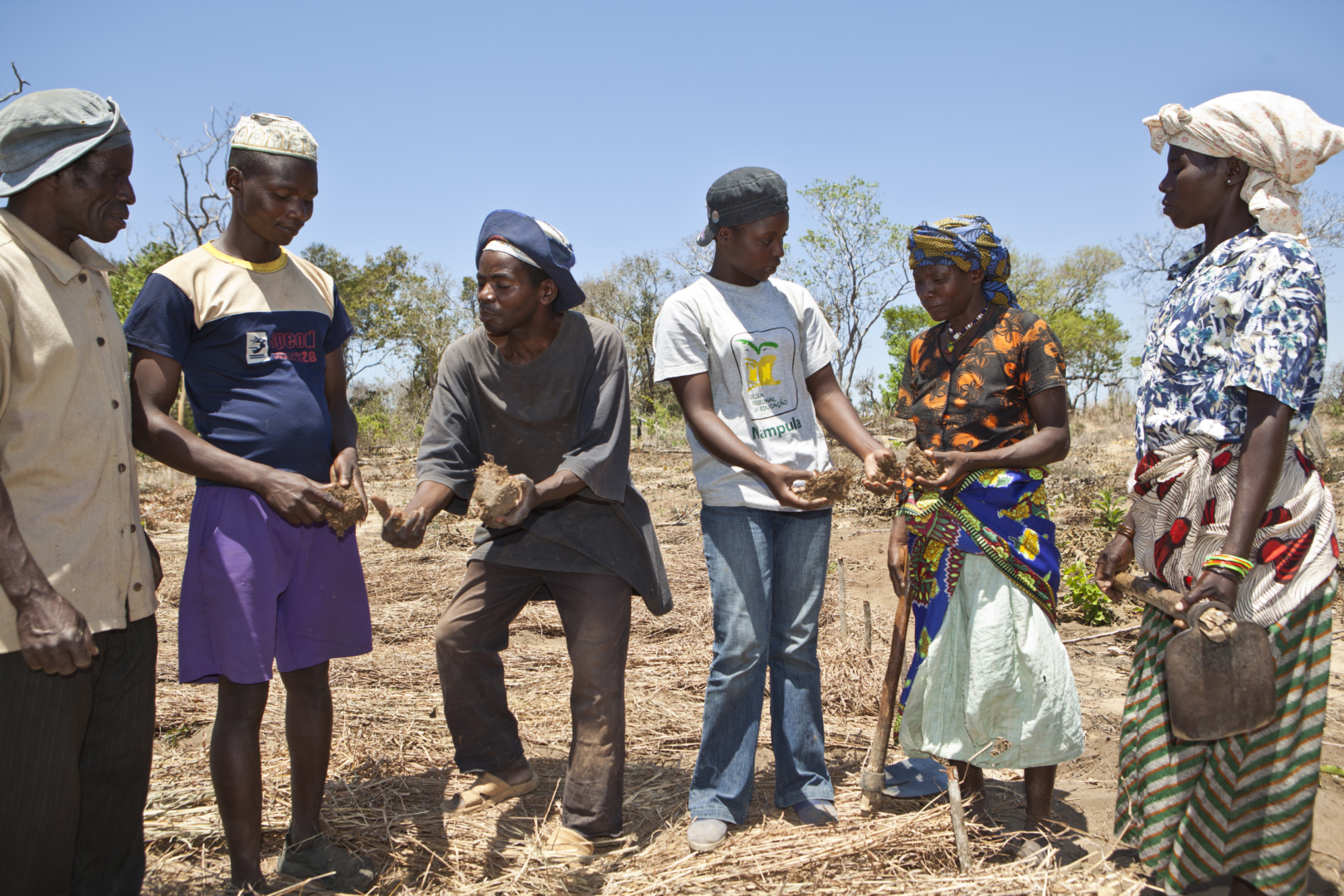
Following AKF’s established approach to community engagement in Mozambique, AgroVida will create Village Development Organisations (VDOs) to serve as local hubs for governance and collaboration. These VDOs will promote inclusive decision-making and grassroots participation in sustainable development.
AgroVida plans to establish at least 20 new VDOs, offering training in leadership, governance, conflict resolution, nutrition, and agriculture. They will support local entrepreneurs, particularly women and youth, and facilitate land allocation for internally displaced persons (IDPs) while promoting land rights. Additionally, the VDOs will act as liaisons between communities and district agriculture departments, coordinating multi-stakeholder forums with representatives from communities, local businesses, government, NGOs, and civil society.

The launch of the AgroVida initiative marks a significant moment in Cabo Delgado’s journey towards agricultural resilience and economic prosperity. By empowering small-scale food producers, fostering innovation, and fostering community resilience, AgroVida aims to sow the seeds for a brighter, more sustainable future for Mozambique’s agricultural sector.
AgroVida will be implemented by a consortium of partners including ADPP Moçambique, SmartFarming BV, Gapi, Associação h2n, ThirdWay Partners, and the Aga Khan Foundation.


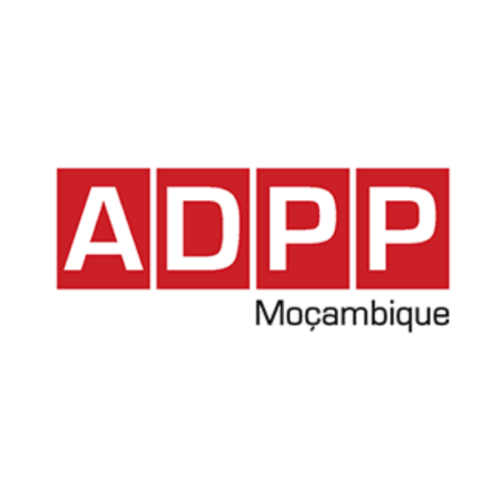
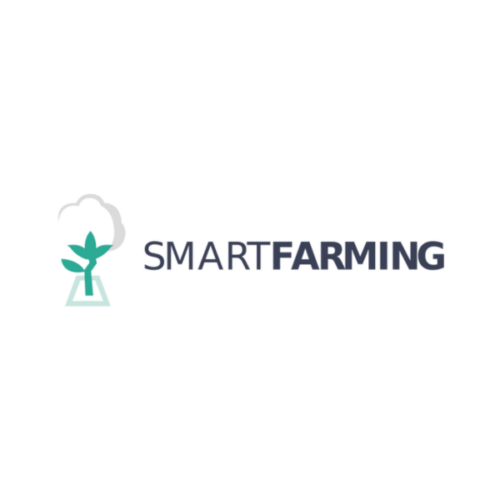



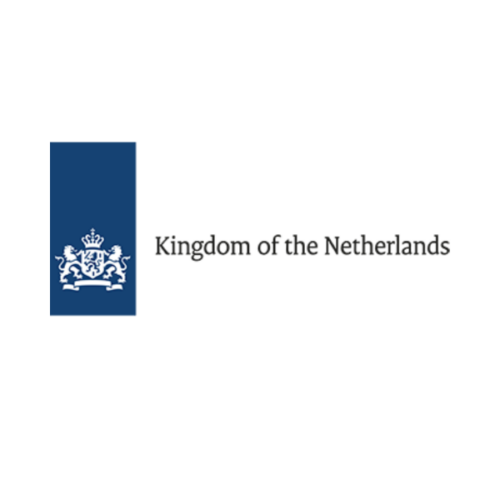


Related News & Stories

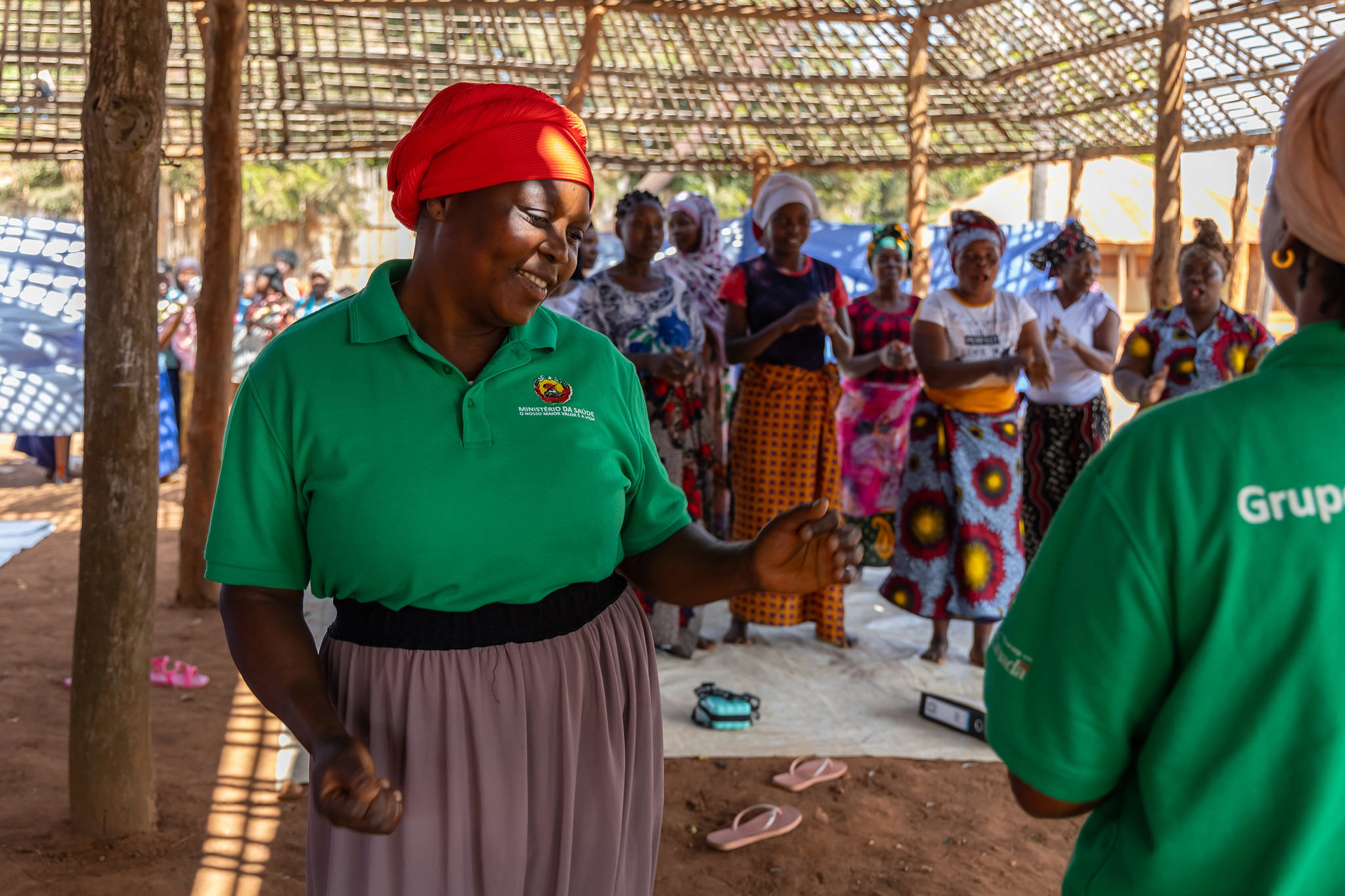
Ripples of change: Women’s change groups in Mozambique

The mobile clinic: Bringing care to communities in Mozambique
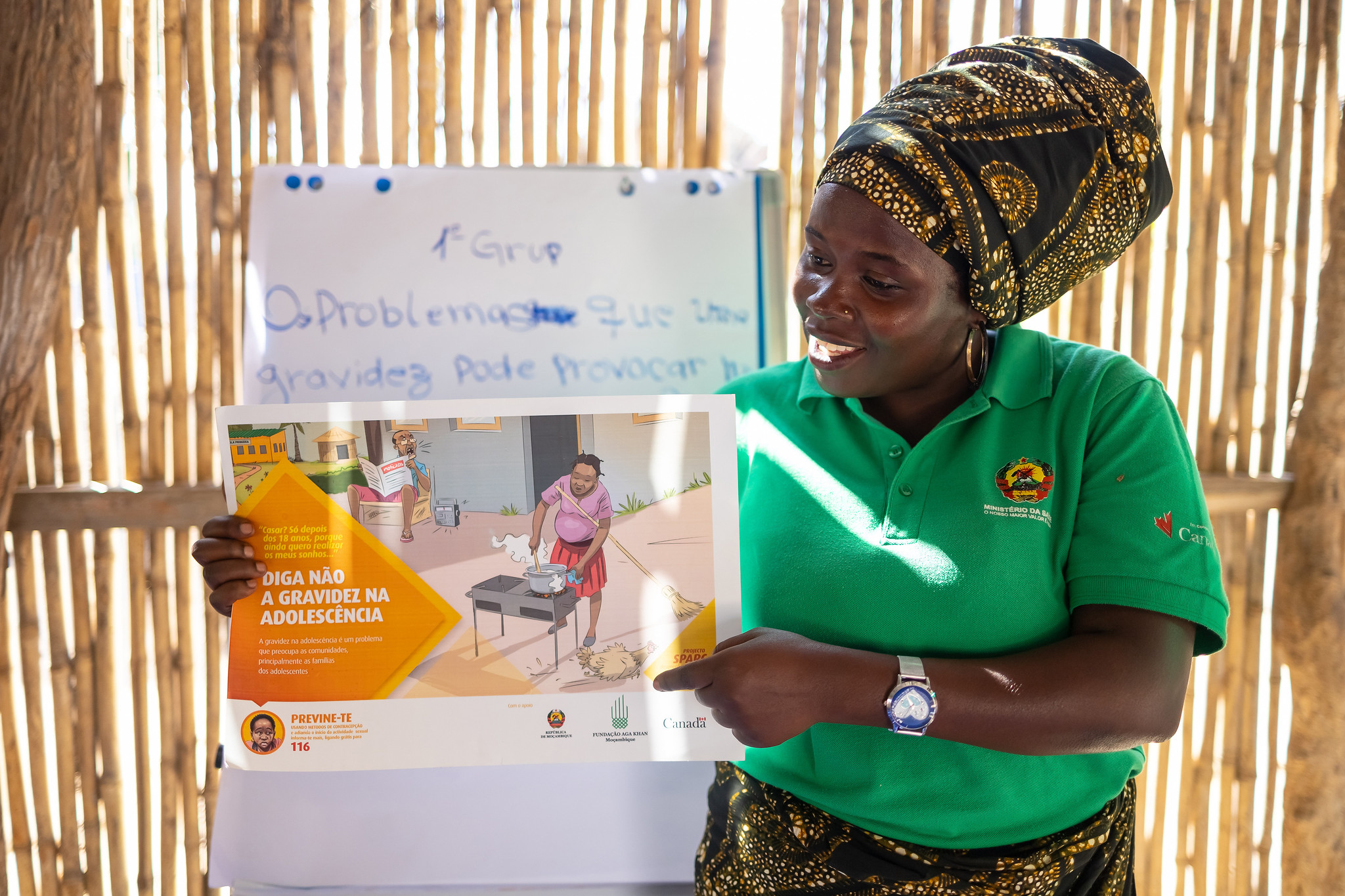
In safe hands: Meet Awa and Zura

The Indian Ocean: How can coastal communities adapt to a rapidly changing environment?

More than a room: Safe spaces for girls in Mozambique
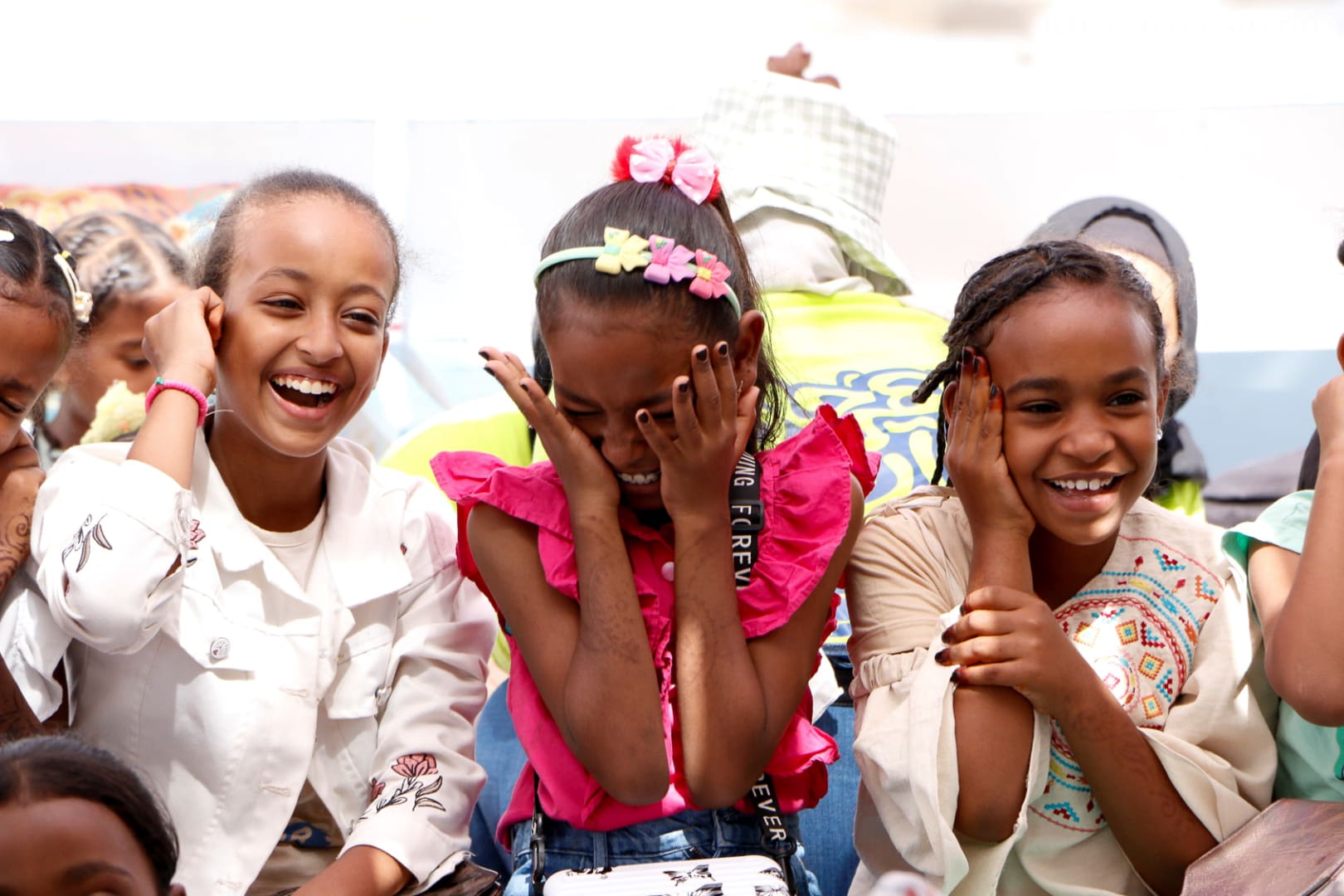
Support our work Your donations are helping us build a future where we all thrive together.